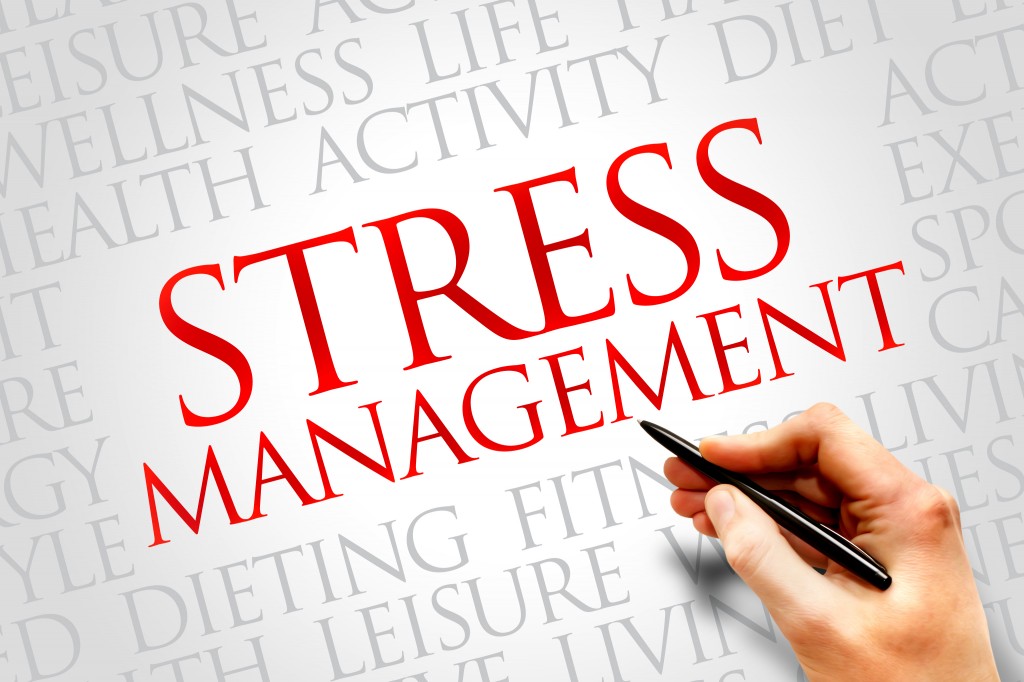Successful Stress Management Techniques

Beth J Shaw author of YOGAFIT Stress Management means basically, learning how to manage stress, by witnessing it, and releasing it. Stress management, is simply, a daily process to let go of tension stored in the body and mind. Without this letting go process, we become candidates for ulcers, heart attacks, migraines and premature aging. All known […]
7 Things to Improve your Mood that Don’t Involve Food or Drink

A huge part of overcoming patterns of emotional overeating is surrounding yourself with resources to support your sense of peace and relaxation that you can turn to in moments of stress—resources that can serve as alternatives to consuming extra food or drink as a means of calming down. Attempting to quit the habit of […]
Seven Foods You Can Compulsively Overeat without Getting Fat

Seven Foods You Can Compulsively Overeat without Getting Fat Earlier this week, we talked about compulsive and emotional eating in recognition of Emotional Overeating Awareness Month. Even if you are not struggling with a regular pattern of emotional overeating, it’s still common to sporadically run into moments where you find yourself compelled to eat out […]
7 Signs of Emotional Overeating

7 Signs of Emotional Overeating April 1st marks the beginning of Emotional Overeating Awareness Month, giving us an excellent opportunity to explore our relationship to food and the emotions that tend to belie our eating habits. In the clinical sphere, emotional overeating is defined as a “maladaptive coping strategy” involving an increase in food intake […]
